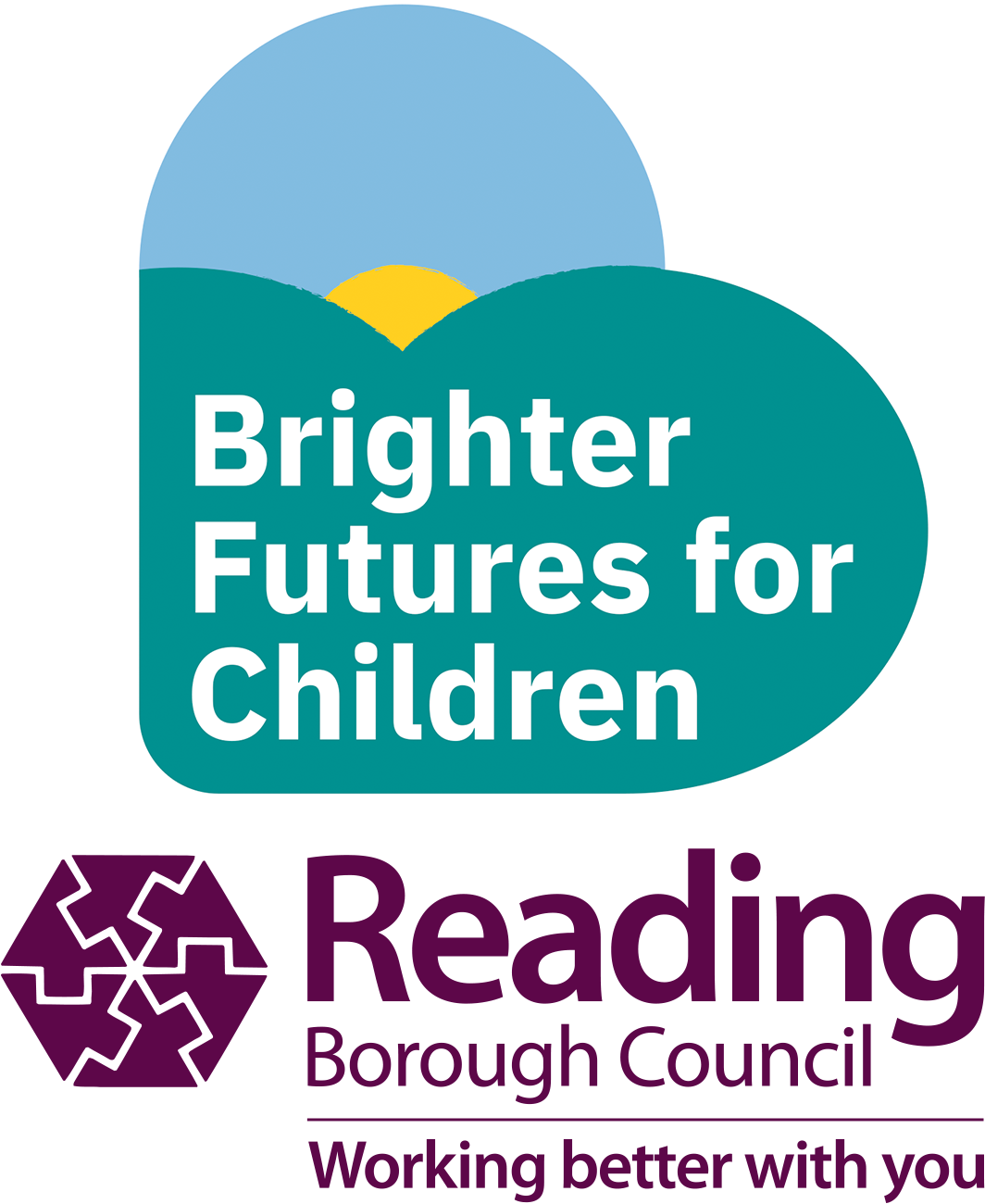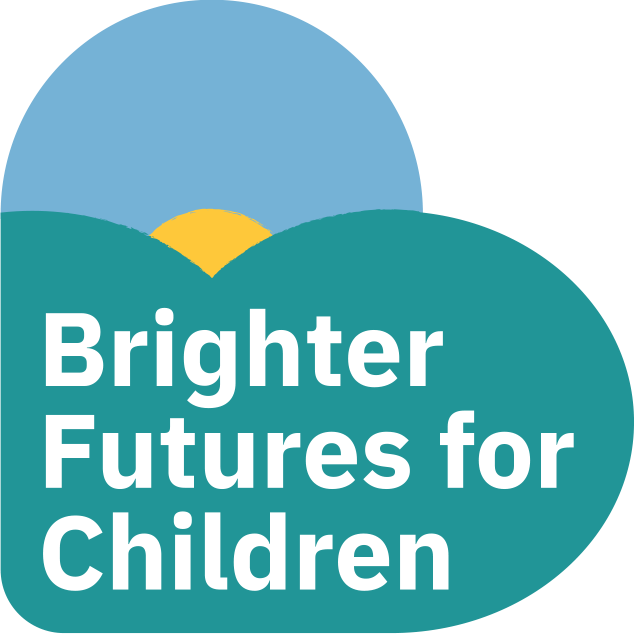More support proposed for Reading children in care and leaving care
All care leavers in Reading will be eligible for support with their council tax bills until they are 25 under proposals being considered by Reading Borough Council.
The scheme will see more of the borough’s care experienced young people benefit from financial support to help ease the burden of the rising costs of living.
Councillors are also being asked to make ‘care experience ‘ a protected characteristic to help protect anyone who has been in care against discrimination and inequality.
The Council is working on these proposals with Brighter Futures for Children (BFfC) which delivers education and children’s services, including fostering, in Reading.
Under the current council tax support scheme, care leavers in Reading receive 100% reduction on their bills at 18 years old, 66% at 19 and 33% at 20. From 21 they are responsible for meeting the full council tax payments.
The new proposal is that from April 2024 the following reductions would apply:
- 18-20 years old – 100%
- 21-22 years old – 66%
- 23-24 years old – 33%
- 25+ - responsible for meeting the full council tax payments.
Under a separate scheme, the Council is to consider treating care experience as a protected characteristic, in a similar way that age, sex, race, sexual orientation etc are treated. All protected characteristics included in the Equality Act 2010 have equal importance and it is against the law to discriminate against someone because of this characteristic.
By adopting this principle for anyone who has been in care for any of their childhood, the Council and BFfC can try to tackle the inequalities our care experienced young people face. This will help support young people to access work and employability skills, gain work experience and help them through the recruitment process.
The Council and BFfC already provide a range of opportunities for young people with care experience, including support to access education, employment and training, and this will strengthen both organisations’ commitment to help them achieve brighter futures.
Lara Patel, Executive Director of Children’s Services, said: “Young people who have been in care are disadvantaged when looking for work and can be three times more likely not to be in employment, education or training than other young people.
“They may not have the family support to help them with applying for jobs, preparing for interviews or understanding expectations in the workplace. By making care experience a protected characteristic, we can better understand the impact this is having on our young people, remove barriers and provide the support they need.
“Expanding council tax support for children looked after and care leavers is another practical way of helping our young people which I’m sure will be very welcome in these financially challenging times.”
Cllr Graeme Hoskin, Lead Councillor for Children’s Services, said: “Even though we face serious Government underfunding of councils, I’m really pleased we’re looking to do this. We know it can be financially tough for young people leaving care and reducing their council tax bills is one action we can take to help them with the cost of living.
“Care experienced young people can face inequalities if they have not had family support to develop life skills, manage their money and care for their emotional needs. As corporate parents, we have a responsibility to support this vulnerable group of young people and recognising care experience as a protected characteristic demonstrates the Council’s commitment to this.
“Services across the council are committed to providing opportunities and support to care experienced young people and we are determined they should enjoy the same opportunities that we would want for our own children.”
Reports on the council tax dispensation for children looked after and care leavers and care experience as a protected characteristic are both due to be discussed at a meeting of the full council on 17 October. The report can be found here: https://democracy.reading.gov.uk/documents/s28749/CorporateParenting.pdf


